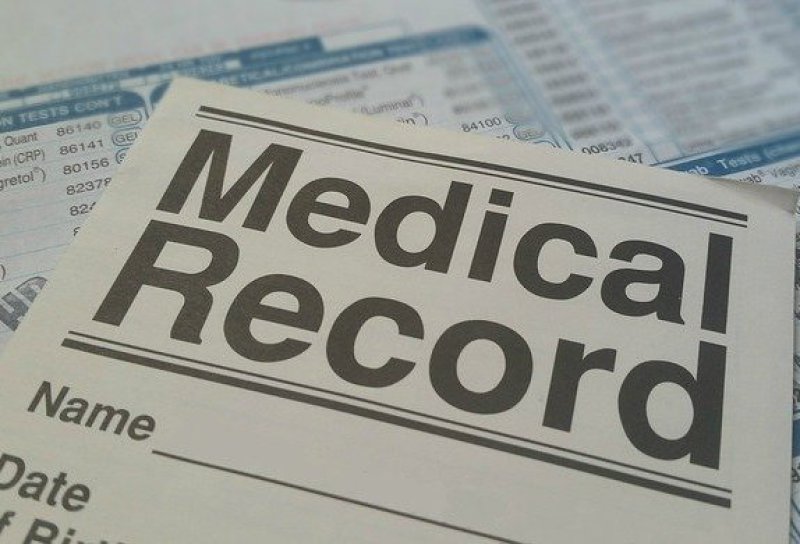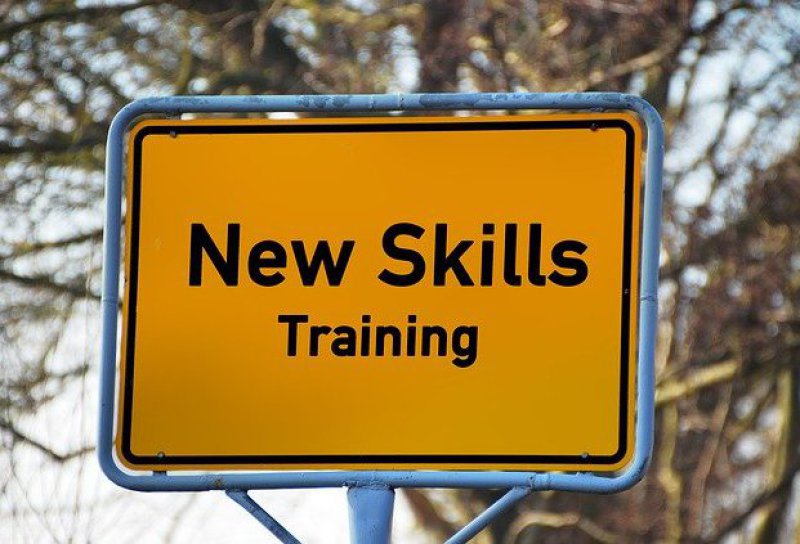

Health records make sure that vital patient information is recorded and stored accurately so their frontline colleagues can access it at any time and at any place.
Working environment
Each NHS patient has a record of all their treatment and care which has to be accurate and up to date. Health records staff (sometimes known as medical records staff) are responsible for organising, updating and storing records. This can be either a physical (paper) record or stored electronically - or a mix of both
Records about patients have to be kept safely and confidentially. They have to meet government and legal requirements for data protection etc. If you work in health records within the NHS, you could be based in :
hospital wards
specialist departments or clinics, including cancer centres or accident and emergency units
GP surgeries and health centres
the headquarters of an NHS trust
health records department
In addition, health records staff prepare for storage any records no longer needed. Some health records clerks have other duties such as answering phones or in a reception area.
While many clerks will have a lot of contact with patients, their relatives, carers and healthcare professionals, other clerks may not, for example, if you work in health records departments or headquarters. You'll work closely with other administrative staff and other members of the wider healthcare team.
Entry requirements, skills and interests
There are no set entry requirements for health records staff. Employers usually expect good literacy, numeracy and IT skills. They may ask for GCSEs or equivalent qualifications. For some jobs, employers may ask for other skills or qualifications such as word processing or data entry.
Employers often ask for relevant work experience. Even where this is not specified, it would be an advantage if you have worked in an admin or customer service role.
There are often apprenticeships in administrative roles, including some in health records.
Personal characteristics
Health records staff need to be :
accurate and methodical
able to work in a team but use their own initiative
willing to follow instructions and procedures
able to work with all types of people
confident using the phone
Skills required :
organisation skills
IT skills
customer service skills
Pay and conditions
Health records staff in the NHS are paid on the agenda for change (afc) pay system. For this type of role your expected pay band would be 2. With experience and/or an AMSPAR qualification you could progress to band 3 or 4. This could include progression to supervisory and managerial posts at higher pay bands. Terms and conditions will differ for health organisation outside of the NHS. This could include general practice and pharmacies. Standard hours are generally 37.5 paid hours for a full-time contract. Flexible hours and part-time work are generally available. Depending on the employing organisation, the role could include early starts, weekends and evenings.
Pay examples (hourly rate) :
From 1st April 2020
National Living Wage Adult £8.72
21-24 £8.20
18-20 £6.45
16-17 £4.55
Apprentice £4.15
Living Wage Foundation
Uk Rate £9.50
London £10.85
Band 2 <1 year £9.21 rising to £9.89
Band 3 <1 year £10.09 rising to £10.81
Band 4 <1 Year £11.19 rising to £12.35
Training, development and career progression
Where the role can lead :
With experience, you could become a team leader, coordinating the work of a team of health records staff. With further experience, you could become a manager, responsible for the staff in the department.
You could move into specialist roles such as a medical secretary, finance or HR. You may also have the opportunity to move into informatics, specialising in electronic data, or into IT.
Your employing organisation will get the training you need to do the job. This includes an induction or introduction to the department/organisation, how to use the IT and phone equipment and the procedures to follow. You may also have training in customer care.
You may be offered the chance to take qualifications such as our AMSPAR accredited courses. These are nationally recognised by the NHS and other health organisations.
AMSPAR accredited/approved qualifications
We are located at:
AMSPAR
Tavistock House South
Tavistock Square
London WC1H 9LN
Use the quick access buttons below;
Contact us today!
If you have any queries or wish to make an appointment, please contact us:
Phone: 020 7387 6005
X (Twitter): @AMSPARUK
E-mail: info@amspar.co.uk







